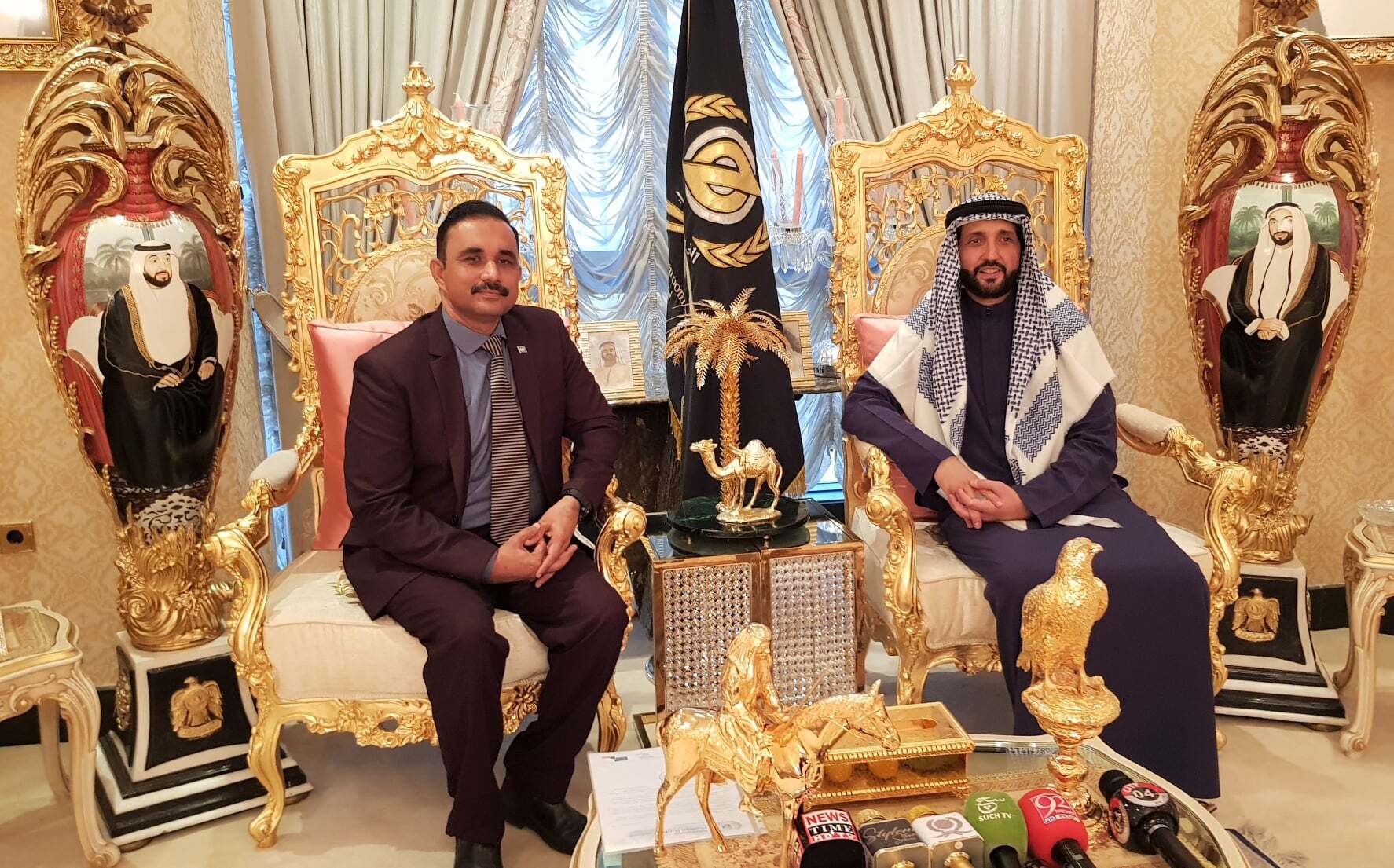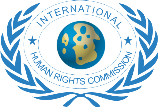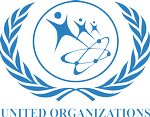KENYA’S BIG 4 DEVELOPMENT
Press note > Africa Region

KENYA’S BIG 4 DEVELOPMENT AGENDA & ROLE OF INTERNATIONAL HUMAN RIGHTS COMMISSION
It is imperative to underline the fact that poverty is not a recent social malaise in the Africa. Infrastructure projects are among the most profitable investments any society can make as when productive, they contribute to and sustain a country’s economic growth and therefore provide the financial resources to do everything else.
Fortunately, Kenya’s government is making multiple concerted efforts to address the issue of poverty and in response to its citizen concerns. The Government has dedicated it synergy, time, effort, resources, strategy and commitment to implementing the Big Four (4) Agenda. However the Government of Kenya cannot effectively achieve sustainable development in the Big Four (4) Agenda of social economic development initiatives in Manufacturing, Food Security and Nutrition, Universal Healthcare and Affordable Housing without reinforcing and integrating the three fundamental pillars of the UN’s cornerstones of its Charter. The three fundamental principal pillars of the UN Charters are reinforced interdependence of human rights; development, peace and security which form the fabrics of any good governance. The Charter considers the full range of indivisible, interdependent and interrelated rights and calls for accountability in the development process.



Human development, human rights and the rule of law are interwoven, complementary and reinforce good governance. Jointly and severally, they aim to promote the well-being, independence and freedom, inherent dignity and equality of all irrespective of social background.
The Government of Kenya on behalf of its citizens has made constitutionally guaranteed and internationally-binding legal commitments to respect, protect and fulfil human rights. Article 21 (1) of the Constitution makes it a fundamental duty of the State and every State organ to observe, respect, protect, promote and fulfil the rights and fundamental freedoms in the Bill of Rights.
Accelerating the pace of poverty reduction in Kenya will require higher and more inclusive social protection programs, priority is to invest in human capital, particularly in the entrepreneurial skills of youth and to facilitate the transition to higher-productivity modern sectors as important instruments to target the neediest households and reduce regional disparities coupled with a sharper focus on poverty reduction policies.
There are concurrent events that demonstrate that economic growth in the absence of adequate measures to promote inclusive and participatory development, social and civic protection, equality, equity, empowerment, accountability, non discrimination and the rule of law in the economic sphere are all undeniable human rights. The outcomes will support the Government to accelerate the social economic transformation of Kenya contributing to equitable social and human capital development, good governance and rule of law, human rights, gender and equality to an empowered, productive and healthy nation.
Kenyans cannot enjoy human rights unless there is clear direction on inclusive development agendas otherwise the principal of human rights based on international human rights standards and social economic development will remain elusive in Kenya unless there is respect for the rule of law. Human rights social economic based development should focus on beneficiaries as the owners of rights and as the directors of development which must emphasize that the human person (citizen) is the centre of the development process. This approach requires a high degree of active and informed participation by the citizens as this approach is founded on the conviction that mere charity is not enough from a human rights perspective; rather, people should be empowered to participate in development agendas, policy formulation, decision making and be allowed to hold accountable those who have a duty to act on their behalf.

The development of new innovative technologies for delivery channels is a legitimate and even impart desirable outcome. But in rolling out these new technologies development actors should clearly assess and explain the possible positive effects of technologies to ensure that the end products of the technologies are accessible and affordable and that vulnerable groups are not excluded. By extension, human rights contribute to human development by guaranteeing a protected space where the rich will not covert development processes to the detriment of the down trodden and marginalized groups.
As a new paradigm, International Human Rights Commission Secretary General, Sir Rafal Marcin Wasik IHRC’s guiding approach to interconnectedness has intertwined human rights, rule of law and social economic development into one dynamic catalytic tool of social change. While many factors play an important role in development, human rights mainstreaming is now recognized as a catalyst for the advancement of sustainable development. In so far as good governance promotes accountability and transparency, human rights mainstreaming allows for sound and efficient management of human, natural, cultural, social, economic and financial resources for equitable and sustainable development and life in dignity. Human rights mainstreaming is no longer a preserve of the Dept of Justice but a communal effect of each and every State organ to observe, respect, protect, promote and fulfil the rights and fundamental freedoms in the Bill of Rights. Solo efforts of policy making, enforcement of commitment of promotion of human rights development initiatives and the rule of law solely by the Dept of Justice will otherwise remain an illusion and will literary remain a drop of water in the ocean.
Any violation of human rights and breach of rule of law impacts negatively on the citizenry and the investment community and the resultant lack of community investment in turn impedes economic growth. It consequently deprives the governments of its resources to invest in social services all of which are critical for sustainable development. Implementing human rights based approach to development outcomes are as important as the process leading to such outcomes in all tiers of governance in Kenya. Absence of this approach will obviously serve to strengthen the capacities of citizens to make the requisite claims on government for the governments to meet their statutory obligation of promoting human dignity to its citizens with demand for equality, equity, accountability, transparency, empowerment, participation and non discrimination.
H.E Winfred W. Gitonga
Ambassador IHRC-Kenya







